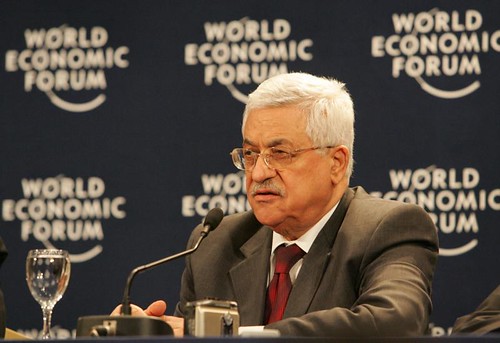The oil prices rose on Wednesday, as fears over disruptions to supply after Iran’s attack on Israel dominated the market.
According to Israeli military, Iran launched 180 ballistic missiles at Israel late on Tuesday.
The second time that Iran has attacked Israel in 2024, after firing hundreds of missiles or drones in April.
The attack on Israel intensifies the geopolitical conflict between Israel and Hamas in the Middle East.
Even more unstable is the situation when another country fully enters into the region.
Iran has reportedly claimed that the attack on Tuesday was a response to Israel killing one of Iran’s top commanders, as well as leaders of Iran’s backed militias.
Half of the world’s reserves of oil are located in the Middle East.
Oil prices are volatile
Late Tuesday, Brent and West Texas Intermediate oil prices both rose 5% in response to Iran’s attack against Israel.
Oil prices were in red for most of the day as a result of poor demand globally and the prospect of increased supply.
Brent crude oil was trading at $74.65 a barrel on the Intercontinental Exchange, an increase of 1.5% over the previous close. WTI, meanwhile, was up 1.6% to $70.96 per barrel.
Brent crude reached a record high of $75.45 a barrel on Tuesday. WTI rose up to almost $72 per barrel. WTI prices traded for most of Tuesday’s day between $66 and $68 per barrel.
Risk to oil supply from Iran
Iran is one of the most prominent oil producers within the Organization of Petroleum Exporting Countries (OPEC) and its allies. It ranks third after Saudi Arabia, Iraq and Kuwait.
Reuters quoted Capital Economics in a report:
Iran’s major escalation could bring the US into a war. Iran is responsible for 4% of the world’s oil production, but it will be important to see if Saudi Arabia increases its production if Iranian oil supplies are disrupted.
Iran, according to OPEC data, produced approximately 3.28 million barrels of crude oil per day in August, just behind Saudi Arabian and Iraq.
After the attack of Tuesday, there is concern that the oil supply will be affected if Israel retaliates towards Iran. Prices are rising.
Expectations for the OPEC Panel Meeting
The meeting of OPEC’s Joint Ministerial Monitoring Committee, which will take place later on Wednesday, is likely to be watched by oil traders to assess the crude market.
Market participants expect OPEC to maintain its current output policy. OPEC, Saudi Arabia and other cartel members are expected to reverse some of their voluntary production cuts in December.
ANZ’ Bank stated in a statement:
Any hint that production will continue to increase could help alleviate concerns about supply disruptions in Middle East.
The market will keep an eye on the Middle East situation.
Joe Biden, the US President, has called Iran’s attacks “defeated” and “ineffective”.
The US’s increased involvement and further escalation could increase geopolitical tensions, which would threaten oil supplies and drive up oil prices.
The post Oil prices rise amid rising supply risks after Iran attack may be updated as new information becomes available






